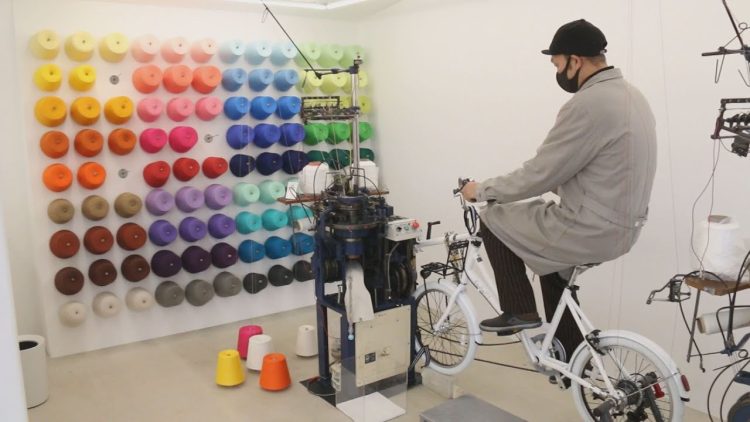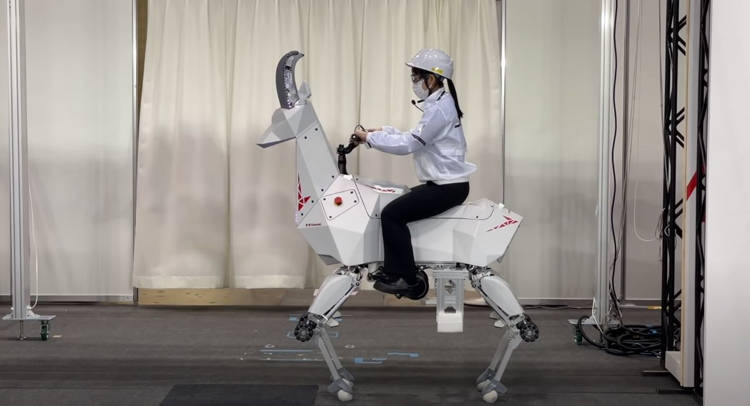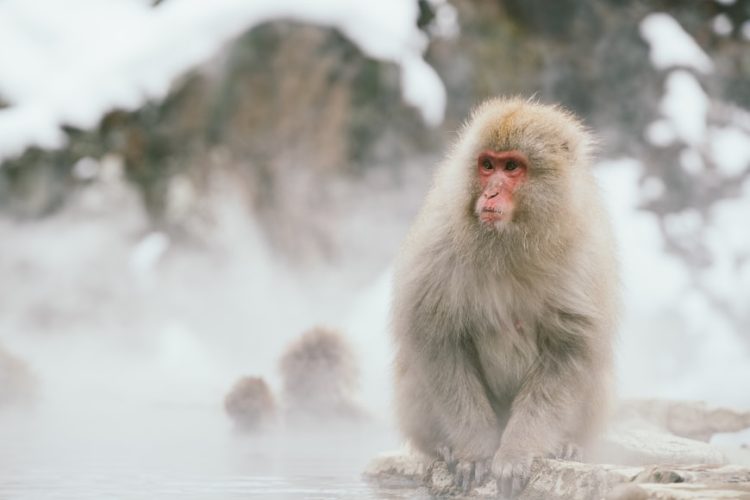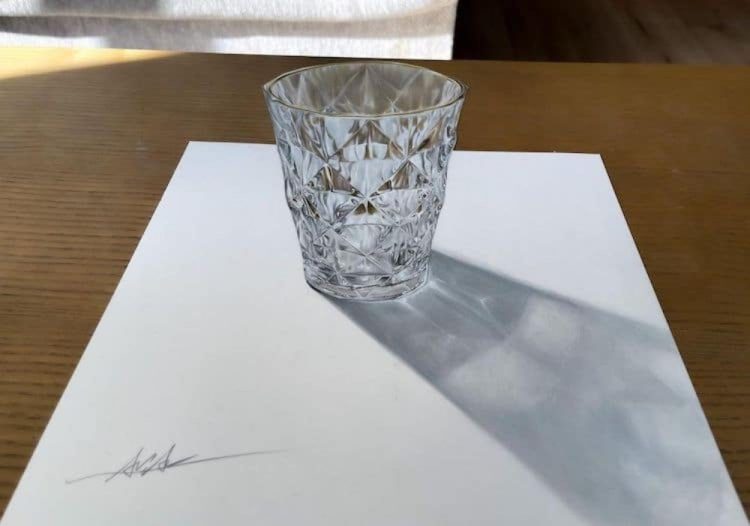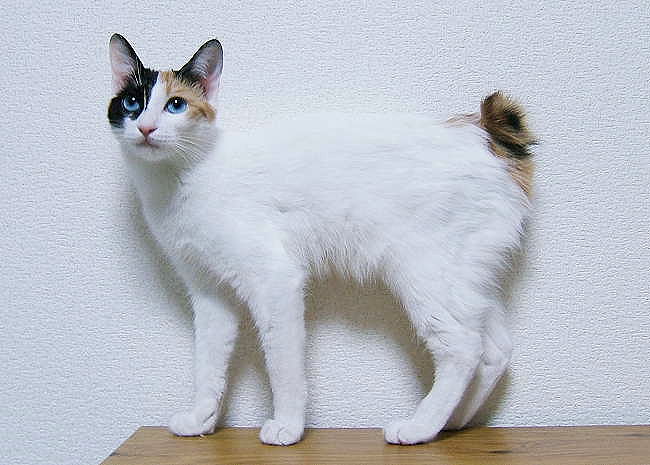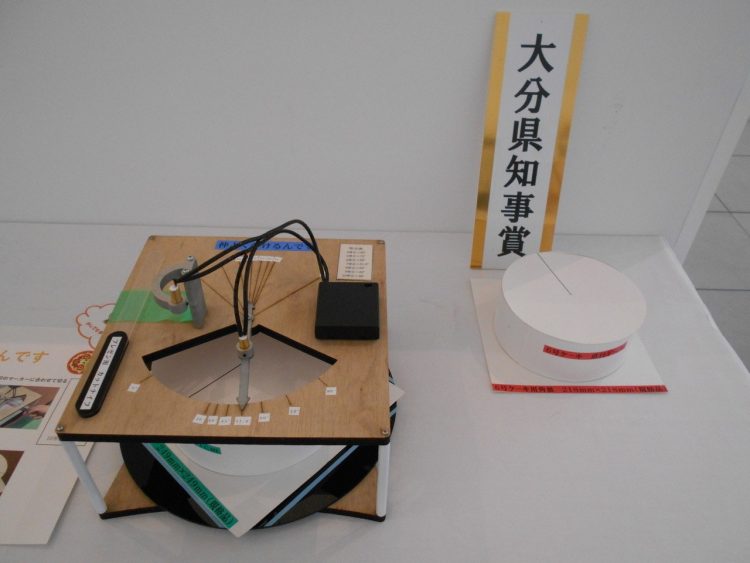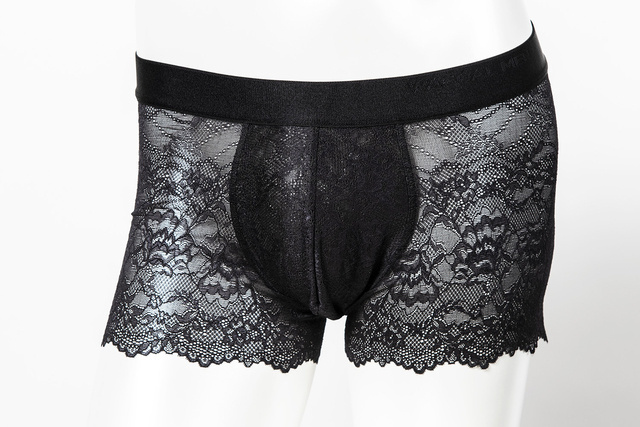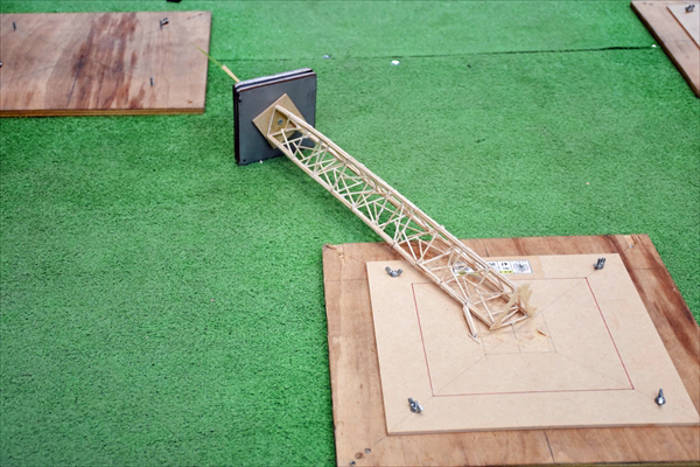Souki Socks, a small sock factory in Japan’s Nara Prefecture, has devised a machine that allows people to knit their own socks by pedaling on a stationary bicycle.
Unless you’re a fan of knitting, making socks doesn’t exactly sound like a fun experience. This was the reality that the brilliant minds Souki Socks were confronted with when they set out to make sock-making exciting for the masses. Luckily, despite having the odds stacked against them, they managed to come up with an ingenious contraption that combined a mechanical sock knitting machine and a bicycle to allow virtually anyone to knit their own socks just by pedaling. Named “Charix,” the machine has been very popular with tourists ever since it was inaugurated in 2017.

